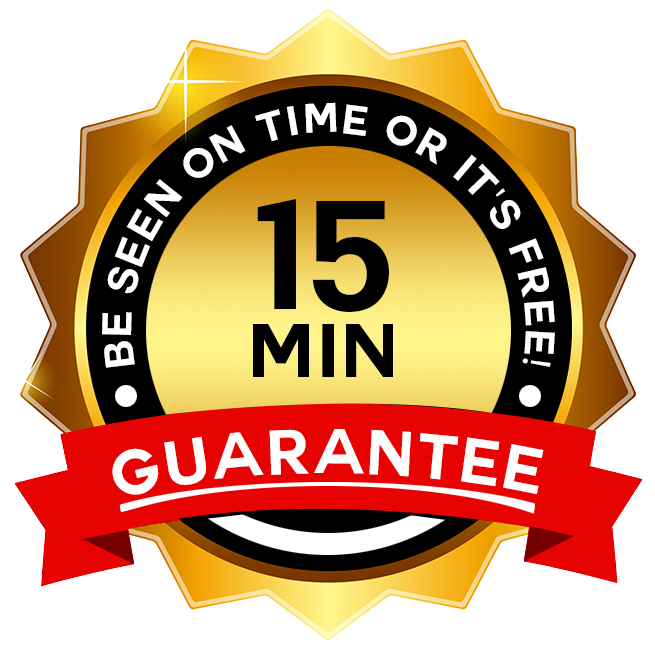
The telltale signs of frozen shoulder typically include pain and a limited range of motion. This condition is often misdiagnosed, but here at Village Family Clinic, we have had great success treating it WITHOUT the use of drugs or surgery! While recovery can take time, our results have been consistently positive.
Frozen shoulder, also known as adhesive capsulitis, affects either the right or left shoulder and has been a common condition we’ve treated for years. It is primarily an idiopathic condition, meaning there is no known cause or it happens randomly.
In some cases, frozen shoulders can develop after a previous injury, such as a fracture that wasn’t fully healed, or from overuse injuries like muscle strains or sprains.
There are three stages of frozen shoulder:
- The Painful/Freezing Stage: This is when the shoulder begins to lose its range of motion, and movement becomes increasingly painful.
- The Frozen Stage: During this phase, the shoulder becomes stiffer, and the range of motion is severely limited. Pain may lessen slightly, but it usually does not worsen at this point.
- The Thawing Stage: In the final stage, the range of motion gradually improves, and pain decreases.
The shoulder joint moves in six planes: flexion, extension, abduction, adduction, and external/internal rotation.
Relief WITHOUT Drugs or Surgery!
Our treatment focuses on mobilizing the shoulder joint and stretching and releasing the rotator cuff muscles. We also adjust the cervical and thoracic spine to aid in recovery. Additional therapies like laser therapy, electrical stimulation, and therapeutic ultrasound can further enhance the healing process.
If you or someone you know is dealing with a frozen shoulder, don’t hesitate to contact Village Family Clinic!
 Check Out Our Holiday Hours!
Check Out Our Holiday Hours! 












